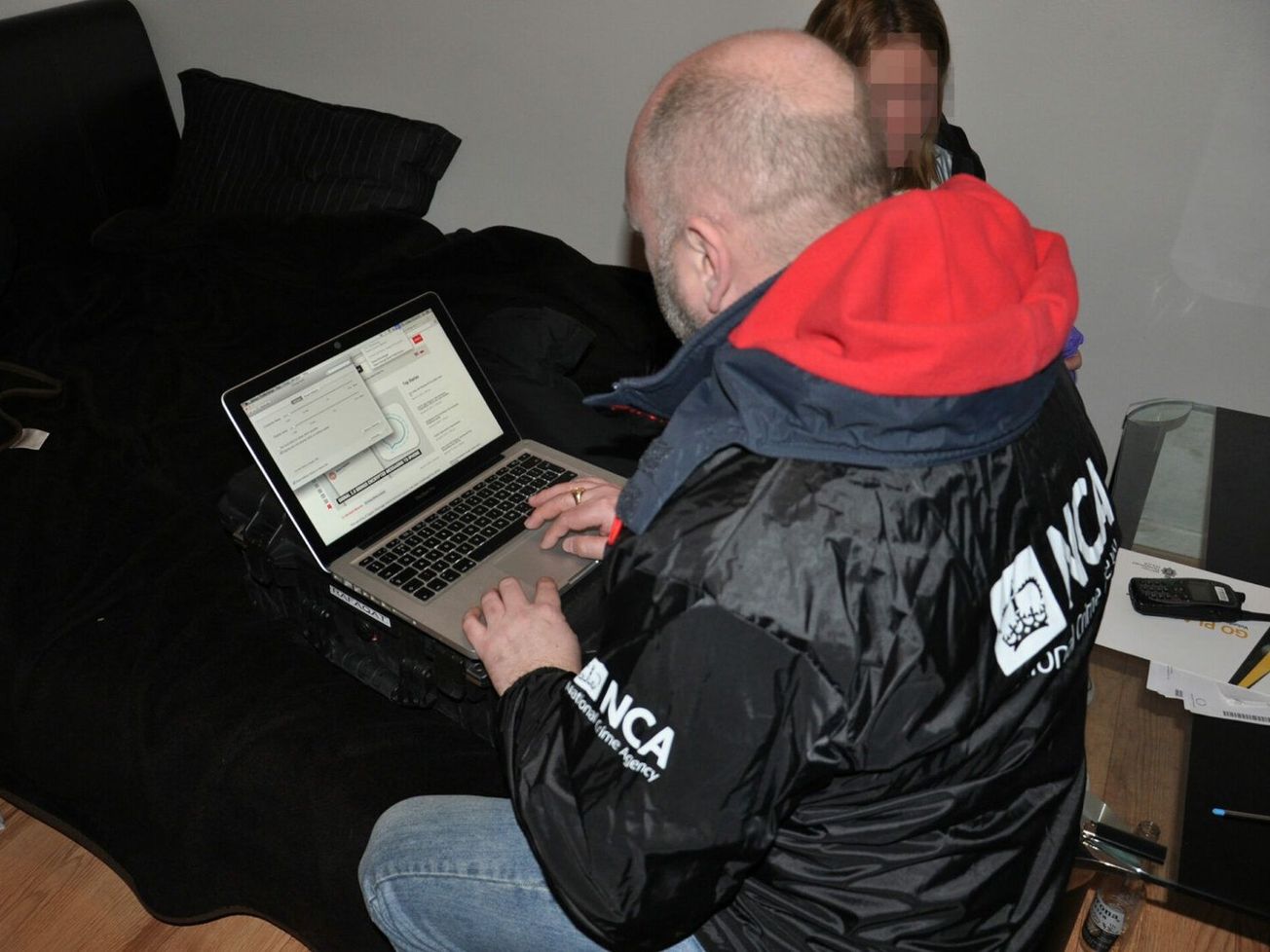UNITED NATIONS (AN) — The COVID-19 pandemic is being exploited to radicalize would-be terrorists and to target vulnerable computer networks used by hospitals and health care systems around the world, the U.N. counterterrorism chief said.
Phishing websites, many targeting hospitals and health care systems, spiked by 350% during the first quarter of this year, Vladimir Voronkov, a Russian diplomat and undersecretary-general of the United Nations Office of Counterterrorism, or UNOCT, told the U.N. Security Council on Thursday.









